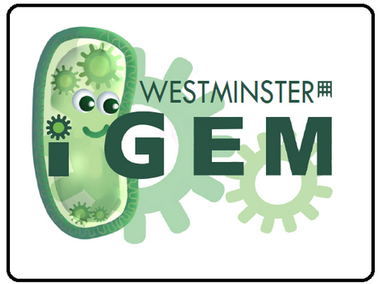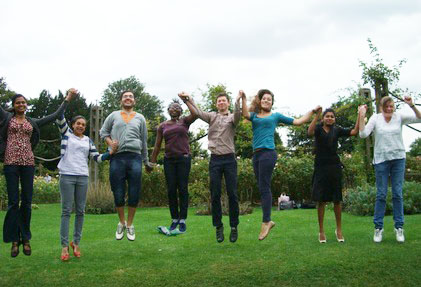Team:Westminster
From 2012.igem.org
| Line 78: | Line 78: | ||
|- | |- | ||
| | | | ||
| - | '' | + | ''The Westminster 2012 team is creating a genetically engineered machine to identify, isolate and eliminate Cancer Stem Cells (CSC.) |
| + | |||
| + | The Cancer Stem Cell Theory shows that not all the cells in the tumor have the same ability to divide. Tumor growth is mostly driven by a small proportion of cells that we call Cancer Stem Cells (CSC). The CSC are not only good at proliferating, they are very resistant to chemotherapy drugs as well. This means that while the regular cancer cells are killed, CSC may remain unaffected and give rise to new tumors after the treatment stops. | ||
| + | |||
| + | CSC also produce increased levels of a particular enzyme, Aldehyde Dehydrogenase. We have identified the 3 most frequent isoforms (ALDH1A1, ALDH1A3 and ALDH3A1)in aggressive types of cancer, and used their gene promoters to build our CSC-targeting constructs: the iSTEM (Synthetic Tumor Eliminating Machine). '' | ||
|[[Image:Westminster_team.png|right|frame|Your team picture]] | |[[Image:Westminster_team.png|right|frame|Your team picture]] | ||
|- | |- | ||
Revision as of 20:19, 6 September 2012
| You can write a wiki of your team here. Give us a background of your team, the members, etc. Or tell us more about something of your choosing. | |
|
The Westminster 2012 team is creating a genetically engineered machine to identify, isolate and eliminate Cancer Stem Cells (CSC.) The Cancer Stem Cell Theory shows that not all the cells in the tumor have the same ability to divide. Tumor growth is mostly driven by a small proportion of cells that we call Cancer Stem Cells (CSC). The CSC are not only good at proliferating, they are very resistant to chemotherapy drugs as well. This means that while the regular cancer cells are killed, CSC may remain unaffected and give rise to new tumors after the treatment stops. CSC also produce increased levels of a particular enzyme, Aldehyde Dehydrogenase. We have identified the 3 most frequent isoforms (ALDH1A1, ALDH1A3 and ALDH3A1)in aggressive types of cancer, and used their gene promoters to build our CSC-targeting constructs: the iSTEM (Synthetic Tumor Eliminating Machine). | |
| Team Westminster |
 "
"

